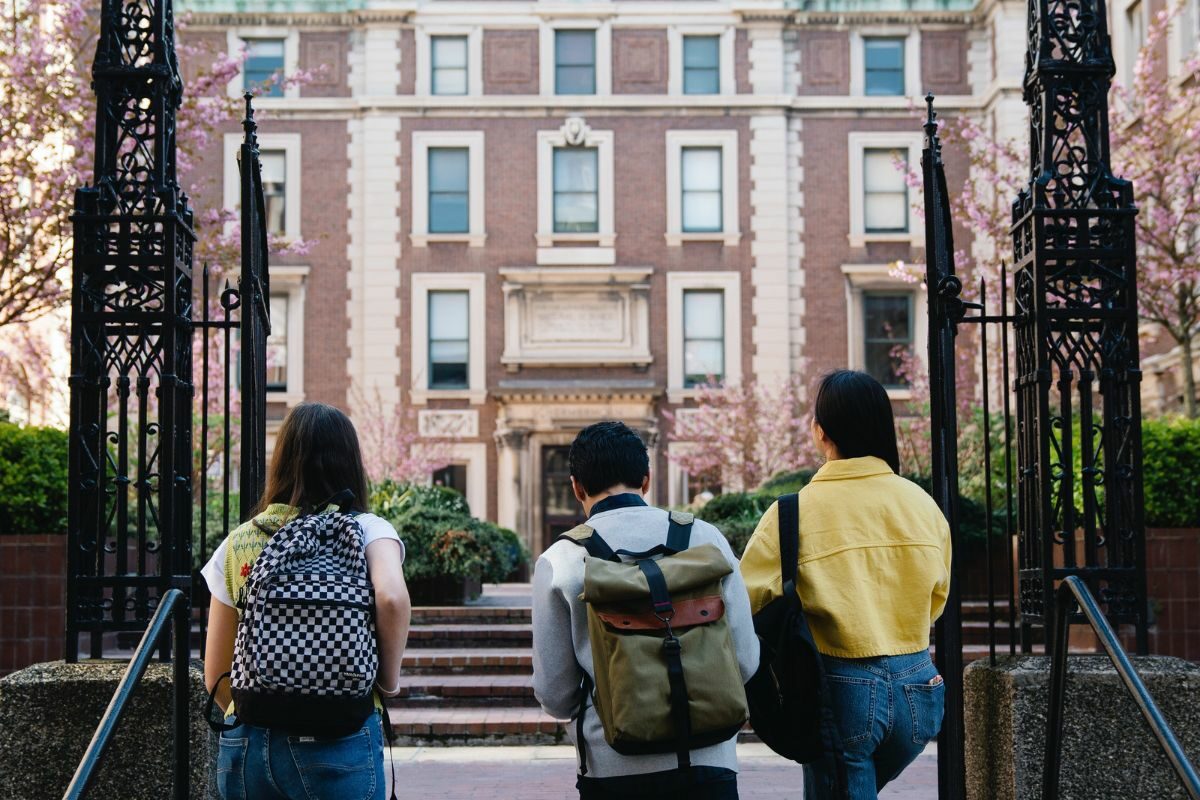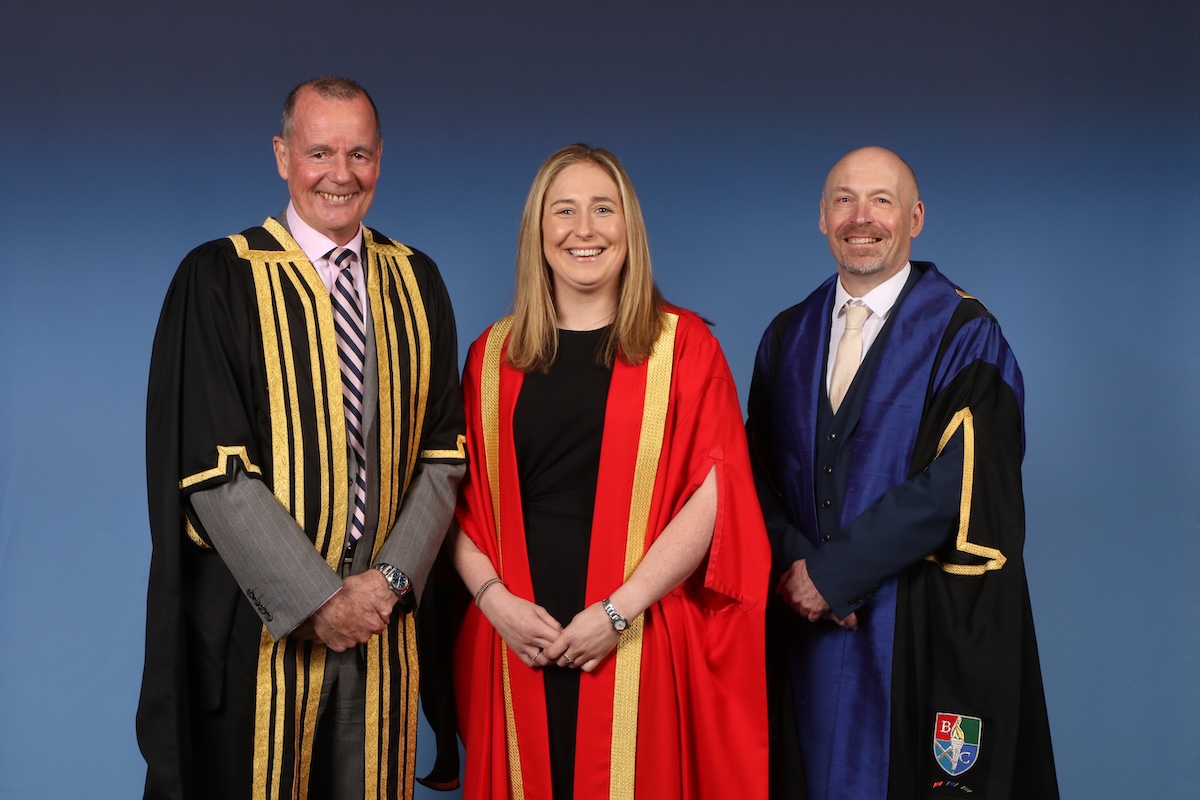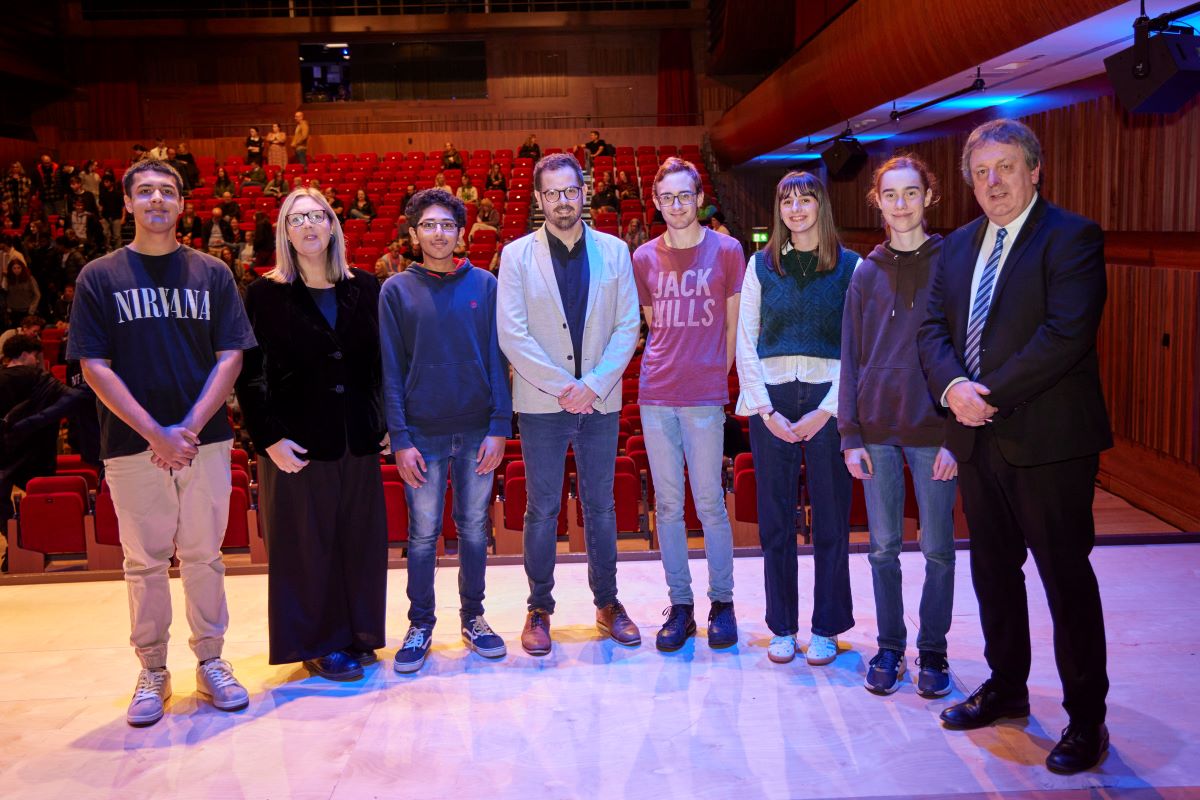Behaviour Awareness: Better Understanding the Need Behind Behaviour

“All behaviour is a form of communication. Instead of punishments and sanctions we should be listening to children and young people and trying to understand what they are trying to tell us.” Emma Mander
Great Minds Together provide outreach care support in education and social care settings to support young people with special educational needs, disabilities (SEND), and mental health difficulties which have become more prevalent as a result of the pandemic.
Over the past three and a half years they have helped more than 2,500 children and young people, and at the root of most cases is misunderstood behaviours that are hiding an unmet need or trauma.
Not only is this resulting in poor mental health in young people, but it is costing millions in treatment and support. GMT want to prevent this escalation, and that starts with understanding behaviour.
The first school term is GMT’s peak time for referrals, as young people transition back into School, with new classes, new teachers, and new schools.
Emma Mander, director and co-founder of Great Minds Together said:
“this time of year can be really hard for young people emotionally, and that can show itself as various behaviours. But all behaviour is a form of communication, it can also be an expression of unmet need or trauma. It is like understanding the behaviour signs that tell us a baby is tired or hungry. We need to continue looking for behaviour cues right through childhood including into teen years as they are still very much developing.”
“If we as grown-ups, whether that’s parents, teachers, care givers, social workers, can better identify, understand and interpret these behaviours, then we can be in a position to intervene and support that young person and help meet that need.”
“But many behaviour policies in schools just initiate punishments and sanctions when certain behaviours are experienced, but we should be listening to children and young people and trying to understand what they are trying to tell us. All behaviour doesn’t need to be sanctioned, we don’t want to scare our young people and create an environment based on fear. That is not going to raise well rounded and emotionally mature adults.”
“Conditioning our young people to fear the consequence of certain behaviours, especially in school is just putting a plaster over a wound that won’t be enabled to heal. We have seen first-hand how this can start a negative cycle of behaviour and punishments which doesn’t result in positive outcomes for anyone.”
“We risk creating the coca cola effect – where a child is suppressed all day, masking their emotions and behaviours to conform to the rules, then explode when they get home as all of those emotions that they have been holding in all day just spill out and they don’t know how to manage that, this, in turn, has implications on their mental health and even physical health which puts further pressures on other services. This approach can also create introverted children that hold all of that emotion inside, which we know isn’t healthy and very commonly results in self-harming behaviours as they become too worried to communicate by their voice through fear of consequences.”
Great Minds Together is campaigning to raise awareness around behaviour and the needs behind it.They want people to move away from the archaic view of having just good and bad behaviours.
Meg Walls, co-founder added “If we look at all behaviour as a communication, if a young person is displaying different behaviours that may be disruptive or even aggressive, we need to take the time to ask ourselves if there is an underlying issue that we aren’t listening to. We need to build trust, listen and try to better understand them. Teachers and caregivers are not just there to discipline.”
Great Minds Together also want to move away from blame-led language that often puts all the responsibility on the young person. It is language that as a society we have conditioned into us for generations and stems from a time when society thought that children should be seen and not heard.
Meg continued “Children are still learning and developing, and we should not put the onus and responsibility on them. In every other aspect of their lives, we say ‘they’re not readyforthat or old enough for that yet, but we expect them to take responsibility for their behaviour and emotions from a very early age. We also expect them to stay at a constant level of emotion when we as adults experience a range of emotions every day.”
Great Minds Together is fully evidenced based and have had a significant number of positive outcomes when implementing the therapeutic approach on its Tier 3.5 model, preventing wrongful hospitalisation and unnecessary police intervention for young people with additional needs at crisis point. If a similar therapeutic approach towards behaviour was adopted in schools, it would significantly prevent escalation of their mental health difficulties that result from unmet / unidentified needs.
Great Minds Together has released a Podcast episode that discusses the topic of Understanding Behaviour in greater detail. You can listen here https://www.buzzsprout.com/1029646/11656214 there will be further episodes on similar subject matters over the course of the next few months.
This is the first stage of Great Minds Together campaign to raise awareness around behaviour and over the next 12 months, they will be discussing this topic in greater depth before launching the first national GMT Behaviour Awareness Week commencing Monday 25thSeptember 2023.
Damaging words and phrases
- Troublemaker
- Attention seeker
- Naughty boy/girl
- Choice behaviours
- Good/Bad behaviour
Behaviours to look out for
Explosive behaviour
If you’re child comes home from school and seems to ‘explode’ emotionally it could be a sign that they are struggling with the boundaries set at school. It is known as the coca cola effect.
It could happen in school too, maybe it is always during a certain lesson – could it mean that they are finding it hard? Maybe they are struggling with reading or maths.
Becoming Quiet/shy
A young person that has slowly become more and more introvert is a behaviour flag to watch out for.
They are the ones who are quietly struggling, and this can eventually escalate or could translate into another behaviour no one saw coming.











Responses